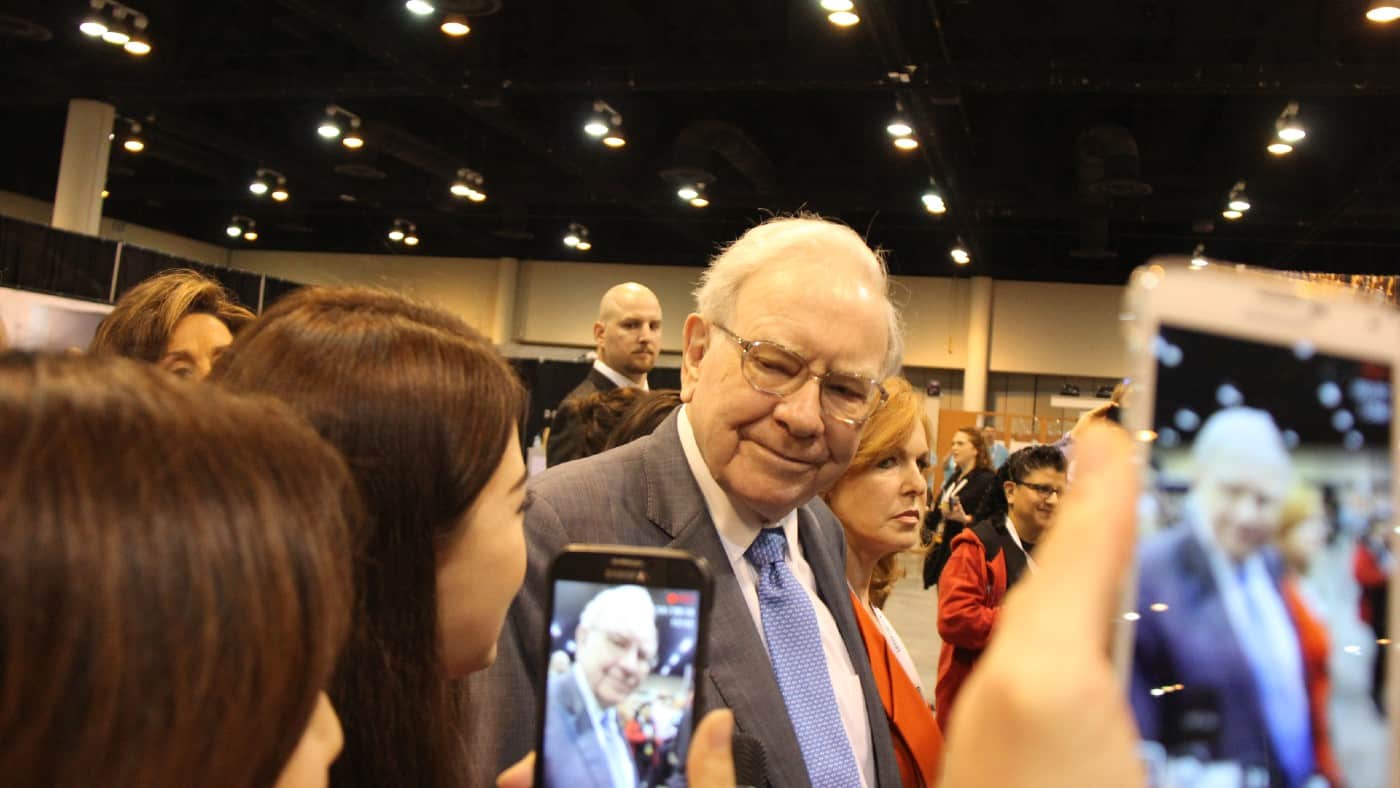When kicking off an investment journey from scratch at 40, Warren Buffett is among a few investors to take inspiration from. The billionaire has become a master of outperforming the stock market.
What’s more, he’s been quite generous in sharing the tactics and methods behind his success. And for investors with a shorter time horizon before retirement, following in his footsteps could be the key to a more comfortable lifestyle.
Among his various tips and tricks, lies Buffett’s golden rule. And it’s pretty straight forward: “Never lose money”. This seems pretty obvious. But it’s also near impossible to follow. After all, there are a lot of forces at play operating within the financial markets, most of which can be incredibly difficult to predict.
Should you invest £1,000 in TRIG right now?
When investing expert Mark Rogers has a stock tip, it can pay to listen. After all, the flagship Motley Fool Share Advisor newsletter he has run for nearly a decade has provided thousands of paying members with top stock recommendations from the UK and US markets. And right now, Mark thinks there are 6 standout stocks that investors should consider buying. Want to see if TRIG made the list?
The pandemic’s a perfect example of an unforeseen external threat. Even Buffett got caught out by global lockdowns, and it’s not the first time he’s made mistakes. So how exactly do investors follow this rule?
Never lose money
The purpose of the golden rule is to instil a mindset of ownership. Instead of buying and selling shares frequently, Buffett likes to buy and hold for decades. And if he’s going to own a business for that long, it better be a good one.
Don’t forget, in the long term, stock prices are ultimately driven by earnings rather than mood and momentum. So in order not to lose money, the company needs to be of the highest quality, have sustainable competitive advantages, and trade at a fair price.
A perfect example of this from Buffett’s own portfolio is Coca-Cola (NYSE:KO). The soft drinks enterprise doesn’t need much of an introduction. After all, an estimated 1.9 billion servings of Coca-Cola brands are sold every day. But back in 1988, when Buffett first invested, it had yet to reach such a dominant position within the beverage market.
Buffett spotted early on the rising popularity of the Coca-Cola brand from something as simple as counting bottle caps at petrol stations. Apart from proving the quality of the product, its popularity also granted the firm some notable pricing power despite a large amount of competition.
Today, Coca-Cola continues to be one of the largest positions in the Berkshire Hathaway portfolio. And Buffett has said numerous times he never intends to sell any shares.
Finding the next Coca-Cola
Determining which companies today will evolve into industry titans 30 years from now is no easy feat. After all, the economic landscape in 2024 is vastly different compared to 1988. And firms that seemed like sure winners in the past have failed to keep up as expected.
Take IBM as an example. As a previous industry titan, the technology giant ended up getting left behind as players like Microsoft and Apple stole its crown. So how does Buffett spot such opportunities early on?
There is an element of luck in the process. However, the probability of identifying winners can be drastically increased by hunting for competitive advantages.
Apple, much like Coca-Cola, focused on quality and branding to improve its pricing power. Microsoft created a powerful network effect with its Office software suite. And there are plenty of other winning traits to look out for such as optimum efficiency as well as unique access to specific resources.








